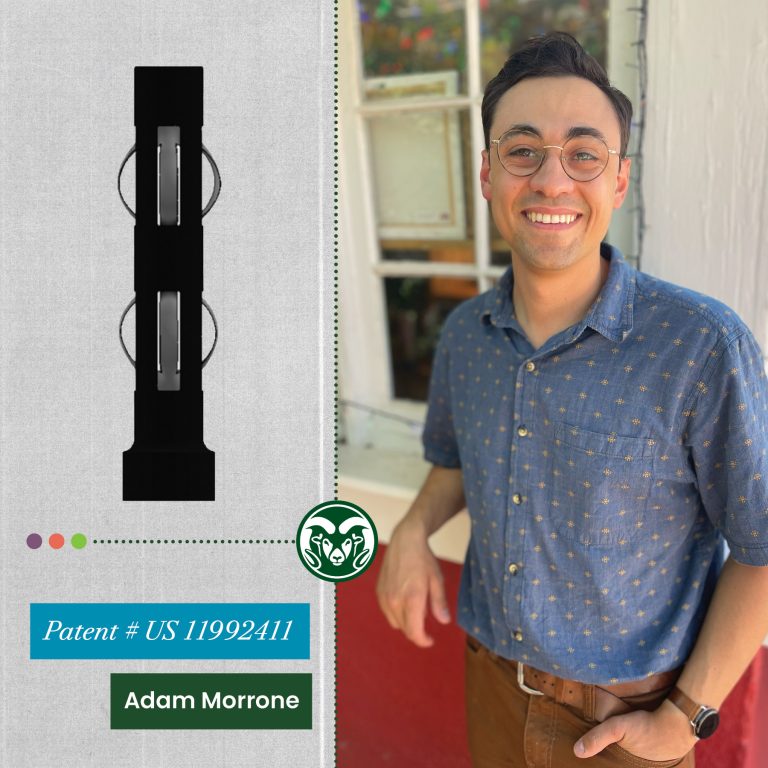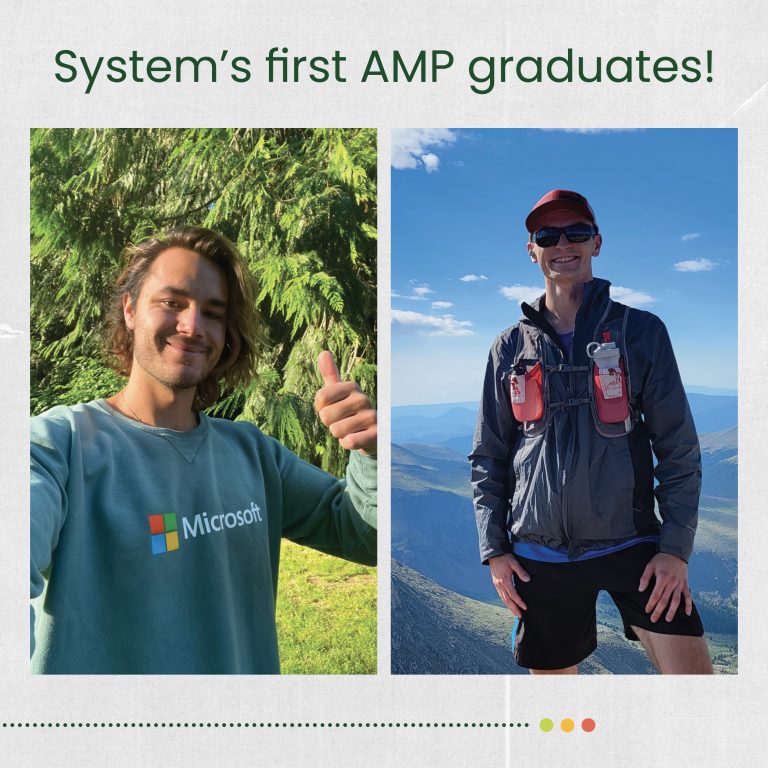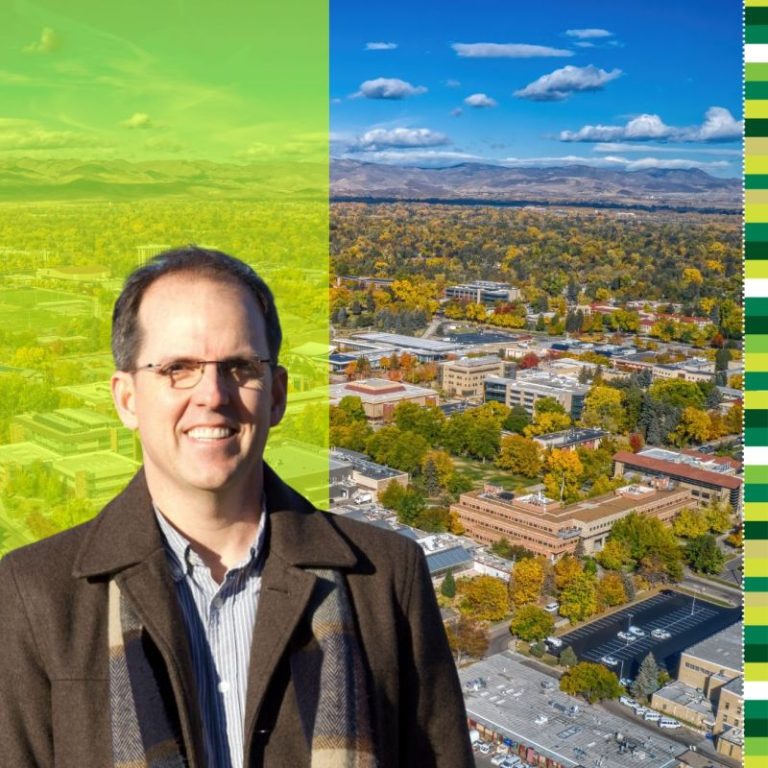
Realizing notable time and cost savings, the first two students in the Colorado State University’s Systems Engineering Accelerated Master’s Program graduated in Spring 2024.
CSU students who qualify can count up to nine credits from their undergraduate program toward their graduate education. This allows them to save up to about $15,000 in tuition and a semester’s worth of time getting their masters. The program was established in 2022.
Reece Moellenhoff gained his undergraduate degree from CSU’s Mechanical Engineering Department (Fall ’22) and started his journey through the program in January 2023.
“It was convenient to count courses I had taken at CSU toward my masters,” Moellenhoff said. “But something I found just as valuable was that I knew the professors I wanted to take classes with already, and that took a lot of the guess work out of selecting which courses I wanted to take.”
Kirk Russell, also a mechanical engineering graduate (Spring ‘23), started the program in Summer 2023. He credited encouragement from his grandfather to help him through his undergraduate education, and he appreciated the easy transition between his undergraduate program into the AMP.

“In undergrad, you get used to a heavy workload, you’re already in the thick of things,” Russell said. “I found transitioning to the AMP was a good way to shift from memorizing basics to learning about application at a higher level. I felt like I had more room for creativity in my 500-level courses.”
Systems Engineering is a graduate-only department at CSU that provides students with a multidisciplinary education with focuses on areas such as infrastructural cybersecurity, aerospace, transportation, energy, human-system integration, and more. The program has agreements with the Department of Mechanical Engineering, the Department of Electrical and Computer Engineering, and the Department of Civil and Environmental Engineering to offer undergraduates the opportunity to join AMP.
AMP qualifications include undergraduate enrollment in participating departments, a cumulative 3.0 GPA, and a completed statistics course.
Systems offers three master’s programs:
The Master of Engineering (M.E.) program offers coursework exclusively, catering to students less inclined toward hands-on academic research.
The Master of Science (M.S.) – Plan A involves an in-depth exploration of a research topic under faculty guidance, culminating in a 50+ page thesis. This option suits those with interested research and aspirations for academia.
The Master of Science (M.S.) – Plan B entails a semester-long independent study project, ideal for students seeking practical, applied research experience but with less inclination towards academia.

CSU Systems allows students to attend fully online, in-person, or hybrid with all lectures recorded and made available asyncronously. Admitted students can choose from more than 40 different course options that count toward their degree.
“If a student gets a job offer or must move away, it’s important to us that they have options to attend and complete their degree,” said Deb Dandaneau, the AMP graduate advisor. “Our students are in high demand within industry, and we do not want to become a barrier to their career progression.”
Moellenhoff chose to complete a Master of Science through the Plan B option. He started his AMP while employed in industry but later gained a graduate research assistantship under the supervision of Systems assistant professor Vinnie Paglioni.
“Overall, I thoroughly enjoyed it,” Moellenhoff said. “(CSU) Systems Engineering is not only a well-known program, but I love the flexibility that they provide for the courses.”

Russell said he preferred the ME due to its emphasis on practical application. It also gave him the opportunity to participate in other projects as he completed his undergraduate degree. He attended as an in-person student then moved closer to Denver midway through.
Russell credited his professors, including David Prawel, Todd Bandhauer, and Sam Bechara for their talented teaching and support while he was at CSU.
“Fort Collins truly has such an incredible network of people,” Russell said. “Some of the most genuine people you’ll meet.”




